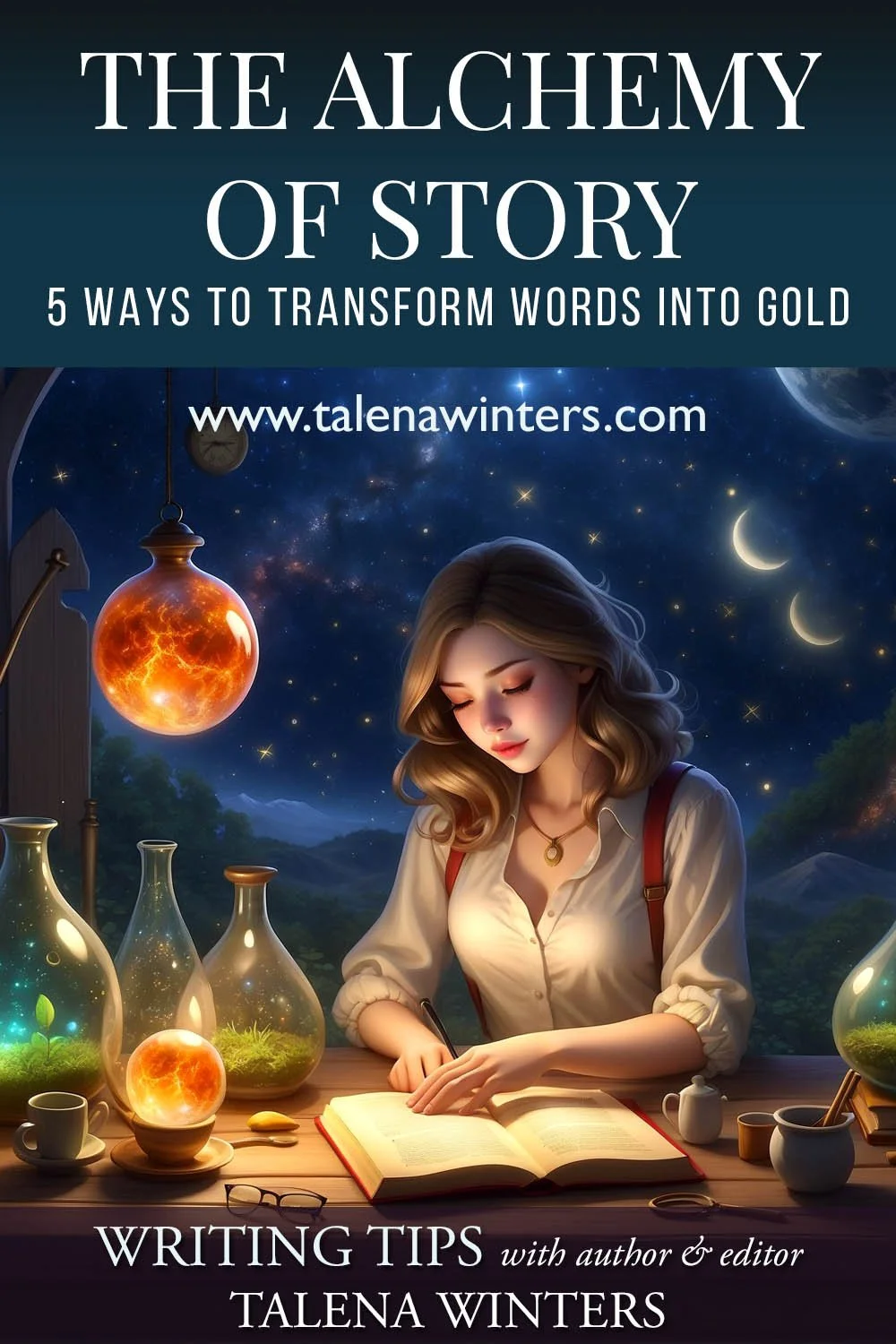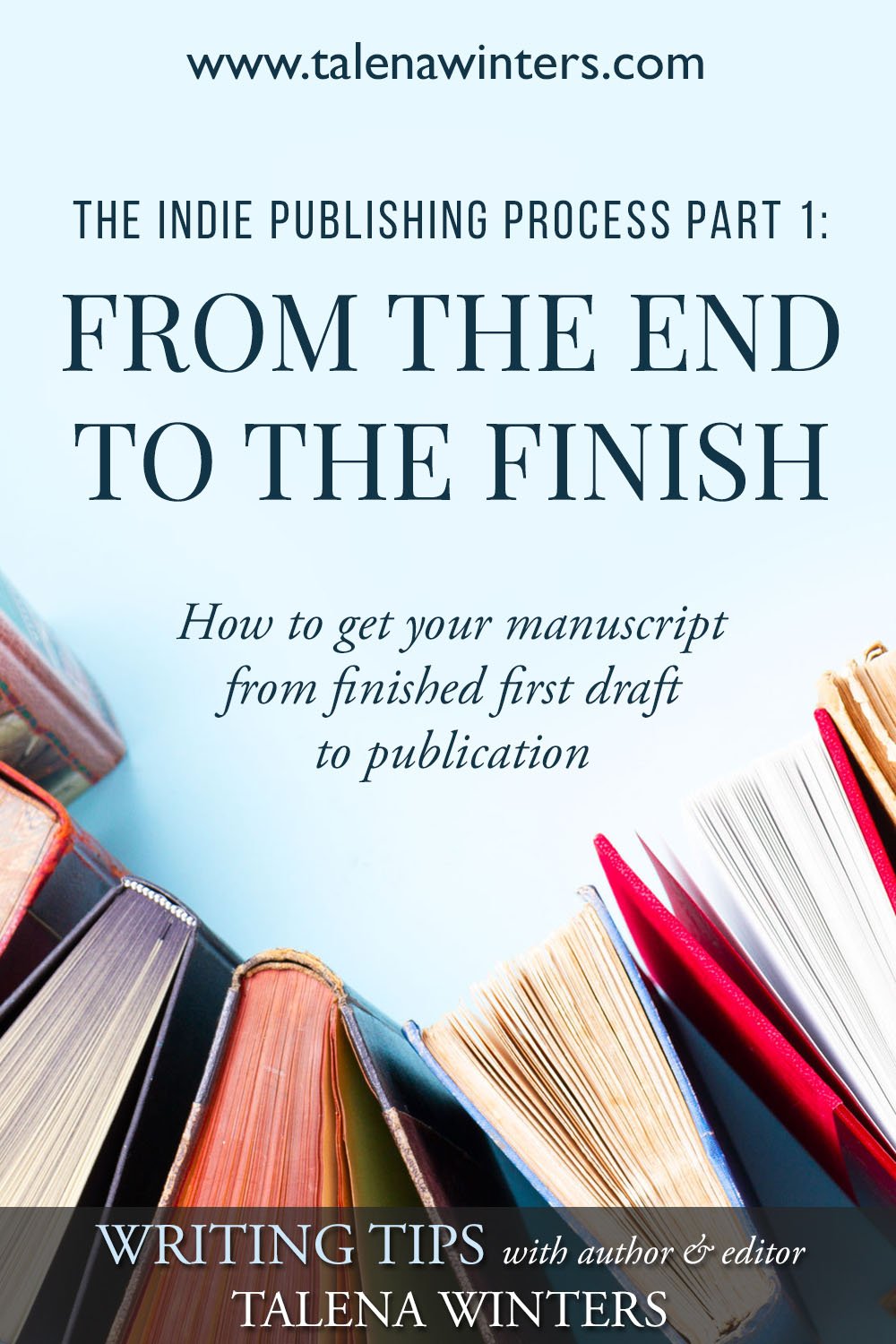The Alchemy of Story: 5 Ways to Transform Words into Gold
Hello, word wizard!
Welcome to my newly rebranded Author Alchemist blog-slash-newsletter. After years of languishment, I am revitalizing this blog as a regular way to communicate with and help writers. Members of my Word Wizard Academy newsletter list will receive these posts in their inboxes. (If you’re reading this on my blog and want to join the mailing list, sign up here.) And you can always visit the Author Alchemist blog on my website to read the previous posts. Or visit the archive.
In addition to the free posts you’ll receive as part of the Author Alchemist, I’ll also be publishing early access chapters of my upcoming book for writers as a paid subscription on Ko-fi. For only $5 a month, you can get a free chapter, plus ask questions and get personalized help based on the material to help you develop your own project. It’s like a miniature course that will totally change your life.
Okay, maybe not, but I promise you’ll learn a thing or two you can apply to your writing. You can learn more and subscribe at www.talenawinters.com/kofi.
I wanted to take a few minutes to talk about why I decided to call this blog Author Alchemist.
The Transformational Power of Story
According to Wikipedia, alchemy is “an ancient branch of natural philosophy. … Alchemists attempted to purify, mature, and perfect certain materials. Common aims were … the transmutation of ‘base metals’ (e.g. lead) into ‘noble metals’ [such as silver or gold]; the creation of an elixir of immortality; and the creation of panaceas able to cure any disease. The perfection of the human body and soul was thought to result from the alchemical magnum opus (‘Great Work’).”
In essence, alchemy is about transformation.
The work of becoming a well-rounded and successful author craftsman has many parallels to the philosophy of alchemy. Through our work and our stories, we, too, become more pure, mature, and perfect, as do the readers who enjoy them. Following are a few ways story is like alchemy.
Alchemy of Language
At its most basic, writing is a craft of transforming disparate symbols and combinations of symbols into something meaningful. We take letters and form words, and words into sentences, and sentences into paragraphs, and paragraphs into entire narratives that have meaning far beyond what the component pieces possess on their own.
I know it’s ordinary, but doing it well is anything but simple. That makes it pretty magical when you think about it.
The Alchemy of Imagination
Writing allows us to take the kernel of an idea and expand on it, perfecting it and maturing it until it reaches fruition as something that can change the way we and our readers think. From ideas that started as a synapse firing in our own brain, we create and populate worlds for our readers to live in. And if enough readers enjoy our worlds, our stories can literally transform into real-life artifacts and adventures, limited only by our ability to create them.
The first artifact is a physical book that can be held and enjoyed over and over again. But, from bookmarks to clothing to online fandoms to theme parks, the alchemy of story allows us to create something from nothing—to transform ideas into reality. To, quite literally, create something new in the world.
If that’s not the closest thing a human can have to god-like powers, I don’t know what is.
The Alchemy of Empathy
“Through the power of story, we can transform emotions into empathy, and from empathy comes compassion for our fellow humans. That’s an incredibly powerful magic.”
One of the reasons story is such an amazing vehicle to reach others with our message is its ability to tap into emotions. No matter who we are or what culture we were raised in, we all experience the same human emotions—happiness, sadness, disappointment, glee, anger, outrage, joy, righteous indignation, loneliness, lust, love. The list goes on and on. Through the power of story, we can tap into our common emotions to allow others to experience what it’s like to be a person who, from the outside, looks like they would have nothing in common with them.
In other words, through the power of story, we can transform emotions into empathy, and from empathy comes compassion for our fellow humans. That’s an incredibly powerful magic.
The Alchemy of Legacy
Alchemists sought the elixir of immortality. Through our stories, we achieve a sort of immortality, a way for our impact on the world to continue long after we’re gone. Who has not been influenced by the great writers who have gone before? Shakespeare, Tolkien, and Austen loved books, and when they put pen to paper, they probably had only hopes that their work would survive as long as it has. Because of their legacy, we have the proof that such a thing is possible.
Story has the enduring power to change the world—not only in our time, but in the times to come.
The Alchemy of Wealth
Despite all the higher-sounding goals associated with alchemy, I’ve heard it said that alchemy was mostly about the pursuit of the philosopher’s stone—a mythical substance that could turn ordinary materials (or “base metals”) into precious metals such as gold.
In other words, they wanted to start with something ordinary and become incredibly wealthy from it.
Words are considered “ordinary.” Nearly all humans can speak or communicate in some way, and, in our modern age, most humans are literate. This is why our neighbour, a guy who rarely reads, let alone puts pen to paper, feels entitled to offhandedly dismiss our life’s work with a comment like, “Yeah, I could write a book. I just don’t have time. Too much real work to do.”
While I won’t get into all the other triggering and aggravating phrases we writers must often endure, I will say that the best retort isn’t a biting remark, but in the cheques you take to the bank.
When you actually make the time to not only write a book, but another one, and learn how to market, and learn how to run a business, and do all the other things it requires to become successful as an author—things our dismissive naysayer wouldn’t dream of tackling—you can literally transform words into gold.
But becoming a successful author isn’t the only way to turn words into gold. You can write for hire, ghostwrite, edit, become a copywriter, and more.
We live in the age of information, a world where we are constantly surrounded and even bombarded by stories—in the news, on social media, through marketing, in video, in video games and other entertainment, and more. Every one of those stories requires a writer. Turning your words into gold can happen in so many different ways, as long as you use your imagination and keep yourself open to opportunities.
It isn’t an instant, magical process to turn words into gold. But, through hard word, dedication, and perseverance, it isn’t a pie-in-the-sky dream, either. The philosopher’s stone is real, my friend, and you can make it yours.
Bonus: The Alchemy of Perfection
While the stories we tell can help our readers develop compassion, the process of transforming into better human beings is often multiplied exponentially for those of us who write the stories. Many of us write for the same reason we read—to explore experiences unlike our own. In doing so, the Alchemy of Empathy is put into overdrive, and we learn lessons right along with our characters.
“Story has the enduring power to change the world—not only in our time, but in the times to come.”
Not only do we learn the lessons our characters are learning, but we also learn something more practical—the craft of sharing these stories with the world in a way they can hear it. In other words, we learn to overcome and persevere to climb the massive mountain that is becoming a successful author. It’s not an easy road, and will test and try you in ways you never imagined possible at the beginning of the journey. It’s the quest of a lifetime, but for those who stick to the path, it is impossible to come out the other side the same as you began. Every completed page, every copy sold, every lesson learned brings us one step closer to the perfected human we have the potential to become.
And the journey is never over. So take another step, my friend. We’ve got some transforming to do.
Talena Winters is a freelance developmental editor, independent author, magazine writer, and tea and silver lining addict. She specializes in helping struggling self-published fiction and memoir authors unlock their inner writing wizards and unleash story magic. See her editing services here.







Story and alchemy have more in common than you'd think. An introduction to the relaunch of the Author Alchemist blog/newsletter, and five ways our stories compare with the philosophy of alchemy.